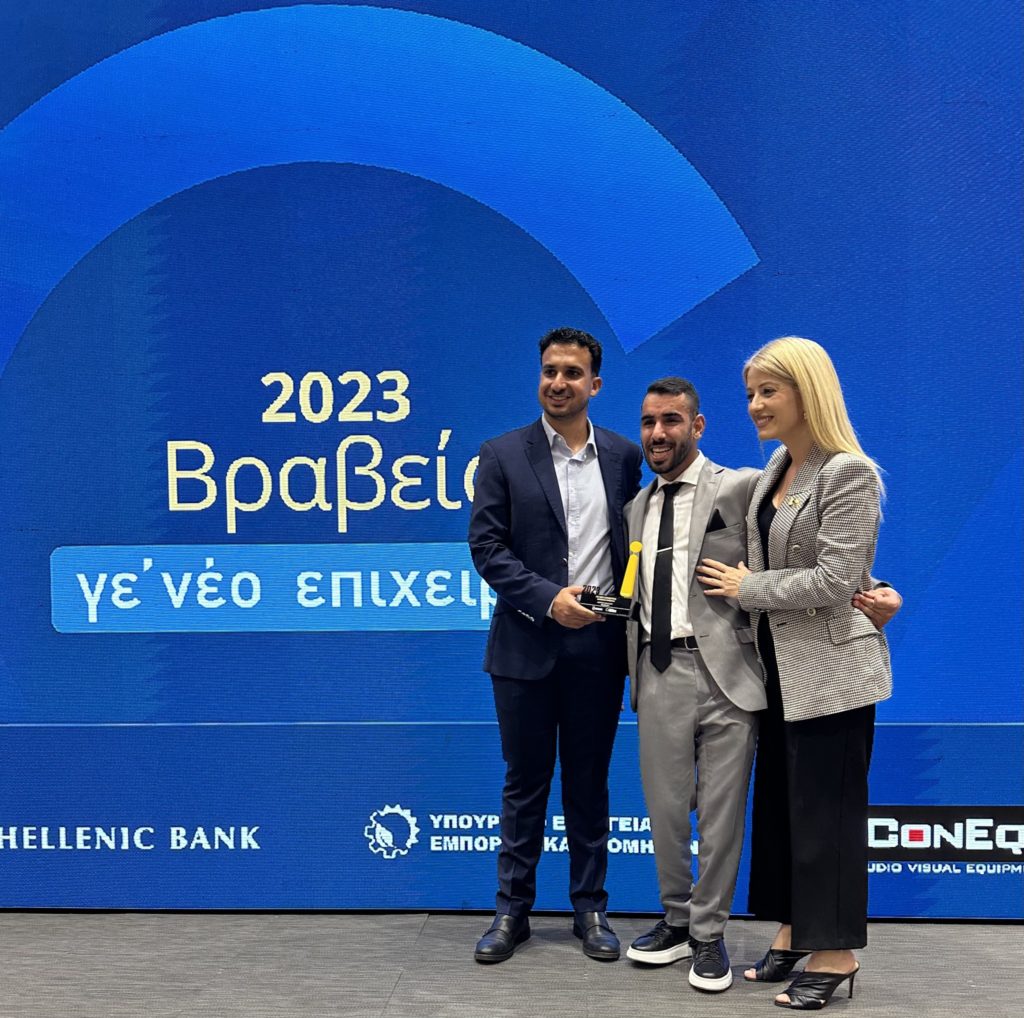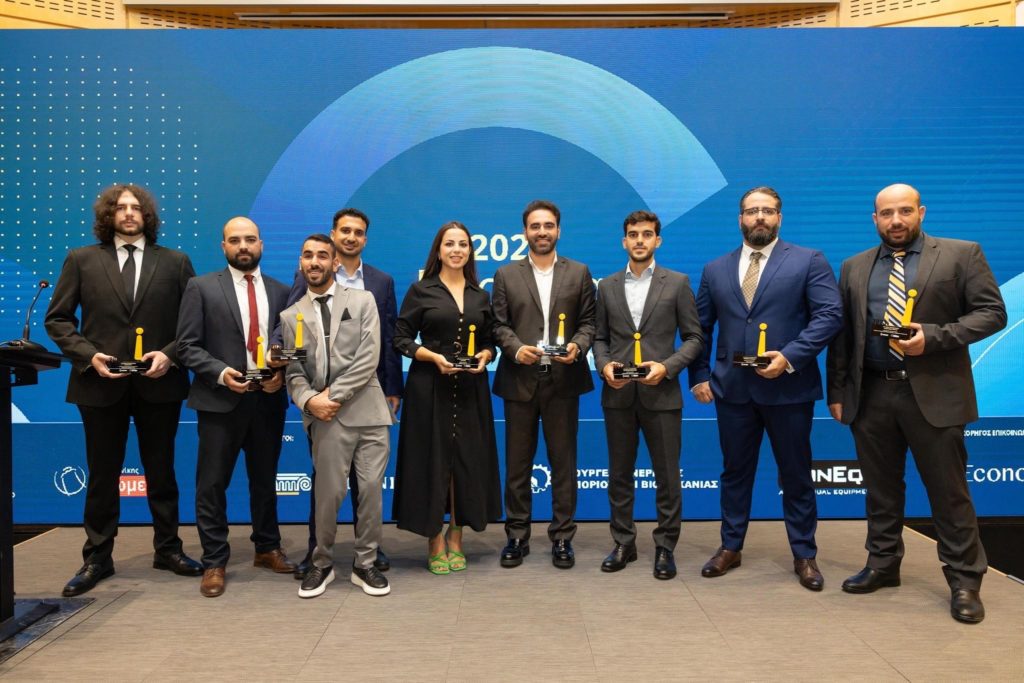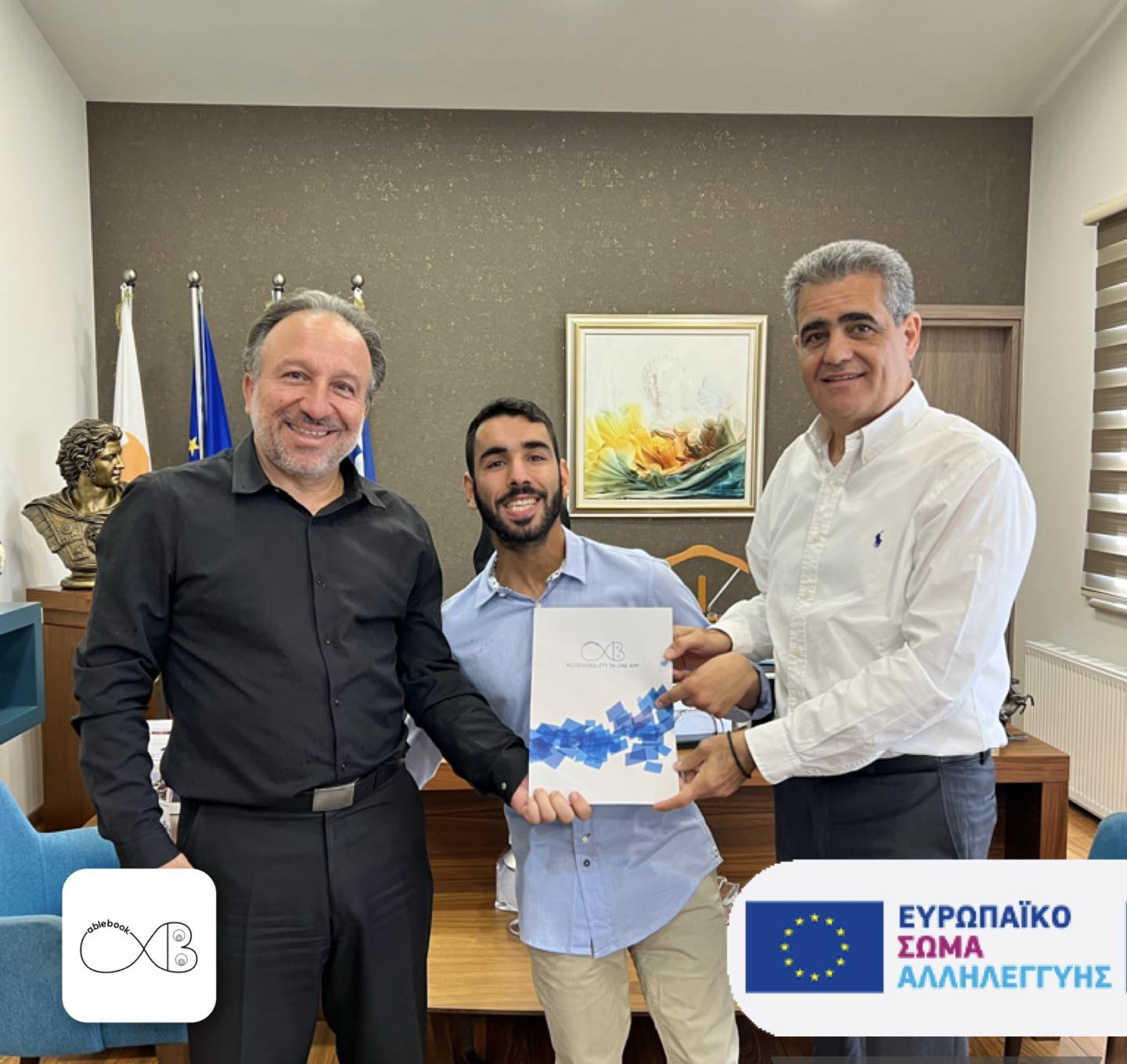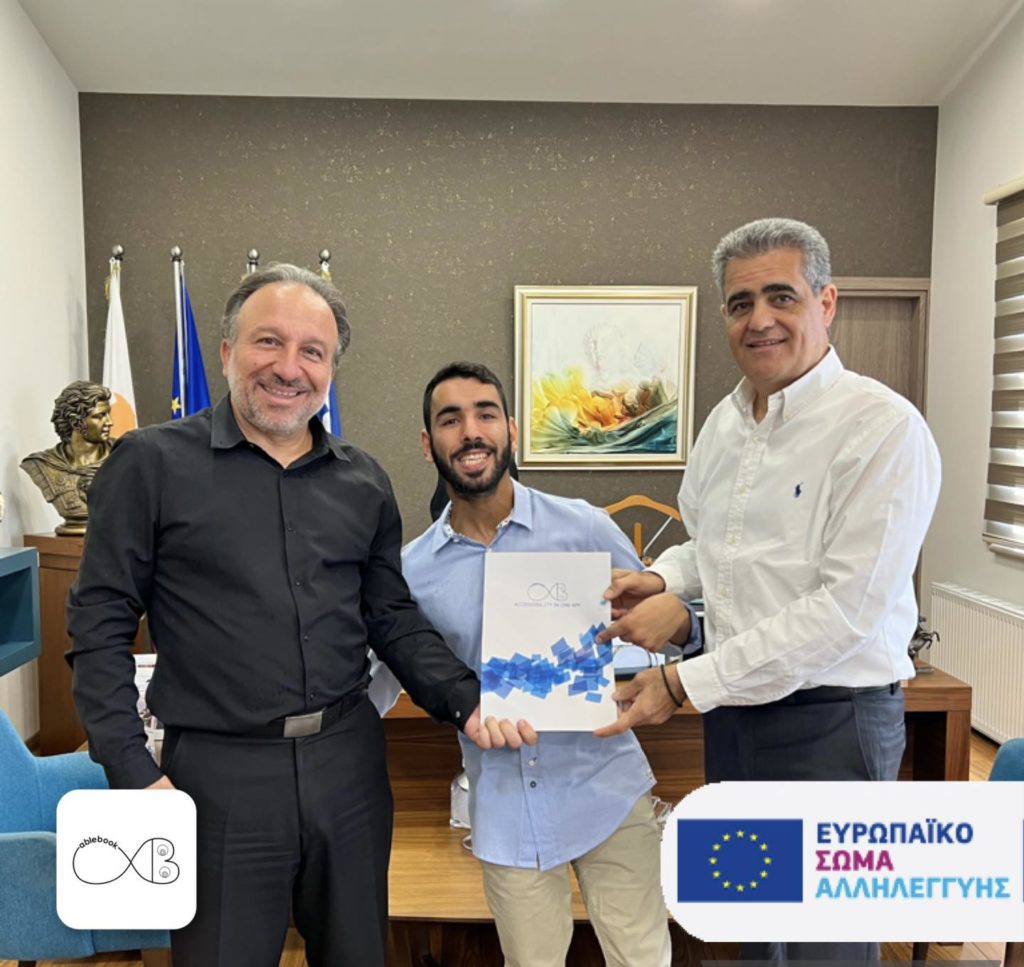The Ministry of Health should conduct regular and, in every case where a relevant complaint/report is submitted, on-site inspections,” emphasizes the Commissioner.
In recommendations addressed to the Ministry of Health and the EOPYY (National Organization for Healthcare Provision), the Commissioner for Administration and Human Rights Protection, Maria Stylianou-Lottides, addressed the accessibility of individuals with disabilities to healthcare services and providers offered through the General Health System (GESY).
Specifically, the Ministry is urged, until the preparation of the relevant Regulations, to prepare, in consultation and collaboration with representative organizations of persons with disabilities, a list of criteria/requirements and accessibility specifications that facilities/infrastructures and equipment of private hospitals should meet, no later than the end of September 2023, and to submit it to the EOPYY.
In an announcement from the Commissioner’s Office, the following points are also mentioned:
Corresponding amendments should be directed within the legal framework that governs other healthcare professional facilities or service providers who are contracted and/or will be contracted with EOPYY, so that their fulfillment of accessibility criteria/requirements and specifications becomes mandatory.
In cases where there is no existing legal framework (e.g. diagnostic centers, rehabilitation centers, palliative care health centers, etc.), the training should be promptly promoted based on the timetables set out in the Ministry’s contracts with private entities to whom it has already assigned the preparation of this legal framework. However, any extension beyond the already specified timetables should not be accepted by the Ministry, if deemed abusive.
It is understood that in every case, until the modification or preparation of the relevant legal framework, the facilities and equipment of healthcare professionals or service providers should meet the criteria/requirements and accessibility specifications that will be included in the aforementioned List to be prepared by the Ministry.”
The Ministry of Health must also proceed promptly and within a predetermined timetable to prepare Regulations where they do not exist, concerning the licensing of healthcare service providers, including private medical practices, so that criteria/requirements and accessibility specifications closely related to obtaining an operating license can be established.
Until the preparation of the legal framework governing the licensing of healthcare service providers, including private medical practices, the facilities/infrastructures and their equipment must meet the criteria/requirements and accessibility specifications that will be included in the above-mentioned List prepared by the Ministry.
To the Health Insurance Organization (EOPYY):
After receiving the aforementioned List from the Ministry of Health, EOPYY should inform all contracted healthcare service providers that within a short period, possibly two to three months, a transitional period of up to twelve (maximum) months will begin, during which they must take the necessary and appropriate actions to ensure that their facilities/infrastructures and equipment meet the criteria/requirements and accessibility specifications included in the Ministry’s List, in order for their contracts to be renewed.
It is understood that the aforementioned transitional period can be extended by up to six months when necessary adjustments with the criteria/requirements and accessibility specifications are already underway or planned.
Based on the aforementioned information provided to healthcare service providers:
When entering into new contracts with healthcare service providers, as defined in the General Healthcare System Law, as well as with private or public hospitals, EOPYY should require as a prerequisite that their services are provided in fully accessible facilities for persons with disabilities and that they have the necessary equipment to make the provided services accessible, based on the criteria/requirements and specifications to be determined in the above-mentioned List.”
In the event that the relevant healthcare services are not accessible to persons with disabilities and the provider does not take the necessary actions within a specified deadline as indicated by EOPYY to meet the minimum criteria/requirements and accessibility specifications of the List, EOPYY should not proceed with the formation of a contract.
For existing contracts, EOPYY should timely inform, at least three months before the contract’s expiration (depending on the content and terms of the existing contract), the contracted providers that, for the purpose of contract renewal, they must comply with the criteria/requirements and accessibility specifications to be determined in the above-mentioned List, as a condition/precondition for contract renewal and remaining contracted with EOPYY.
In this direction, a term should be included in all contracts between EOPYY and the providers stating that within the specified period, they must meet the criteria/requirements and accessibility specifications that will be determined in the above-mentioned List. In case of non-compliance, the contract will be terminated and not renewed.
To the Ministry of Health & EOPYY:
The Ministry of Health should conduct regular on-site inspections and audits of the facilities/infrastructures of healthcare service providers, whenever a relevant complaint is submitted, to assess whether they are accessible and meet the minimum criteria/requirements and accessibility specifications of the List.
Furthermore, when it is determined that a facility/infrastructure and its existing equipment are not accessible to persons with disabilities, the Ministry should promptly notify EOPYY, which in turn should inform the provider of the discrimination against individuals with disabilities due to inadequate accessibility to its services. The provider should be urged to make the necessary changes/modifications to ensure accessibility of the provided services.
In the event that a specific provider fails to comply within a specified period with the minimum criteria/requirements and accessibility specifications, EOPYY should suspend and/or terminate the contract for healthcare services.
It is understood that for the implementation of the above, there must be full coordination and communication between the Ministry of Health and EOPYY with the representative organizations of persons with disabilities. This includes defining the necessary and appropriate criteria/requirements and accessibility specifications to be determined and included in the List, as well as determining the process for conducting on-site inspections and audits.
Source: Kathimerini










